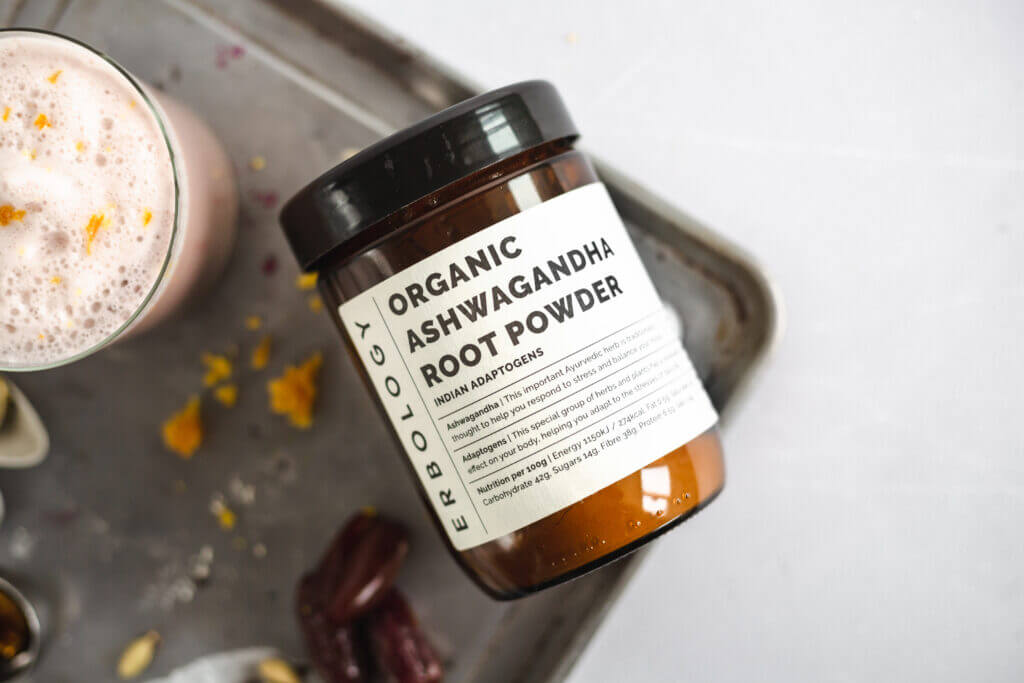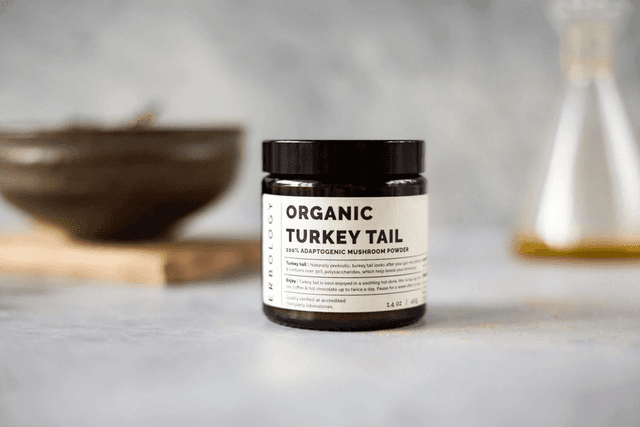03 Mar 2022
How to lower cortisol
What is cortisol?
Our adrenal glands, located above our kidneys, are responsible for producing cortisol. In fact, cortisol is a hormone that has different functions throughout the body.
However, cortisol is most commonly known for its role in the “fight or flight” response, which is the body’s reaction to perceived threat. Moreover, cortisol can increase glucose metabolism, control blood pressure and reduce inflammation.
A small part of our brain called the pituitary gland is responsible for regulating the adrenal glands. Consequently, the amount of cortisol we produce is highly dependent on this part of our brain. Although it is small in size, the pituitary gland is often called the body’s “master gland”. This is because it controls the activity of several hormone-secreting glands in the body. Moreover, your pituitary gland activates when you wake up in the morning, when you are exercising and when you face a stressful situation. Subsequently, it sends a signal to your adrenal glands for them to release cortisol.
Too much or not enough?
In healthy individuals, the body naturally regulates cortisol to make sure that the correct amount is produced. Nonetheless, sometimes our body can produce too little or too much of this stress hormone. In fact, in extreme cases, this can cause diseases.
For example, people with Cushing’s syndrome produce too much cortisol. Alternatively, the condition also occurs in people who have taken a large amount of corticosteroid medicines. Fortunately, Cushing’s syndrome is treatable.
On the other hand, a condition called Addison’s disease can occur if the body doesn’t produce enough of the hormone. This condition is also known as primal adrenal insufficiency - referring to an impaired ability of the adrenal glands to secrete hormones.
Overall, it’s important for our cortisol levels to be in balance. Either too much or too little of it can lead to undesirable consequences. In fact, some symptoms of excess cortisol include weight gain, mainly in the abdomen and face, fragile skin, acne, and irregular menstrual cycles in women. Conversely, insufficient production can lead to fatigue, nausea, weight loss and abdominal pain.

How can I find out if my cortisol levels are high?
Firstly, cortisol can impact people differently and symptoms of high cortisol can manifest in different ways amongst individuals. In fact, there are some symptoms you may want to look out for if you suspect that you have high levels. Namely, these include difficulty sleeping, general fatigue, increased appetite, a weakened immune system, irritability and mood swings. However, check with your doctor if you are unsure to determine whether or not your stress hormone levels are cause for concern.
Moreover, testing for cortisol imbalance is quite straightforward. In fact you can do this with a special kit that your doctor can provide. All you need to do is collect saliva first thing in the morning, before lunch, before dinner and before going to bed. Test results show your cortisol levels throughout the day. For instance, a normal pattern would look highest in the morning and gradually decrease throughout the day, reaching its lowest point at night before you sleep. However, if your individual pattern looks different to this, you may have a hormone imbalance.
The downfalls of high cortisol levels
Given that cortisol is known as the “stress hormone” it makes sense that cortisol levels go up when we are stressed! However, cortisol is not all bad! In fact, we need it to perform various functions in our body.
Without cortisol we wouldn't wake up and we wouldn't have energy during the day. However, hormone levels become concerning when they remain high for long periods of time because of chronic stress. Therefore, if your cortisol levels remain high for weeks or months, this can lead to inflammation in the body.
Also, chronic high cortisol can also negatively impact fertility in women. In fact, a study conducted on over 400 women trying to conceive found that the most stressed women were less likely to fall pregnant. Additionally, stress causes inflammation which leads to mental and physical problems from anxiety and weight gain to cardiovascular disease.(1)
Nutrition to reduce cortisol naturally
So the question is how can we reduce cortisol levels? Firstly, there are some links to show that diet can help reduce stress hormones. But the evidence is inconclusive regarding specific foods. However we know that a balanced Mediterranean diet filled with healthy plant foods is the first step towards lowering stress. Ensuring that you are eating a healthy balanced diet can help you meet all your nutrient requirements. In fact, vitamin deficiencies can have significant impacts on your body. So make sure you are getting all of the nutrients you need from your diet.
Moreover, there is some evidence to suggest that some herbal remedies may help to lower stress and anxiety, subsequently lowering our stress hormones. These include lemon balm chamomile and ashwagandha. In fact, ashwagandha has been used in Ayurvedic medicine for many years as a natural adaptogen.(2) Adaptogens and natural plant substances that can help to combat stress and anxiety. A great way to include ashwagandha into your diet is to add it to your tea, coffee or other hot beverage for a soothing and calming effect.




